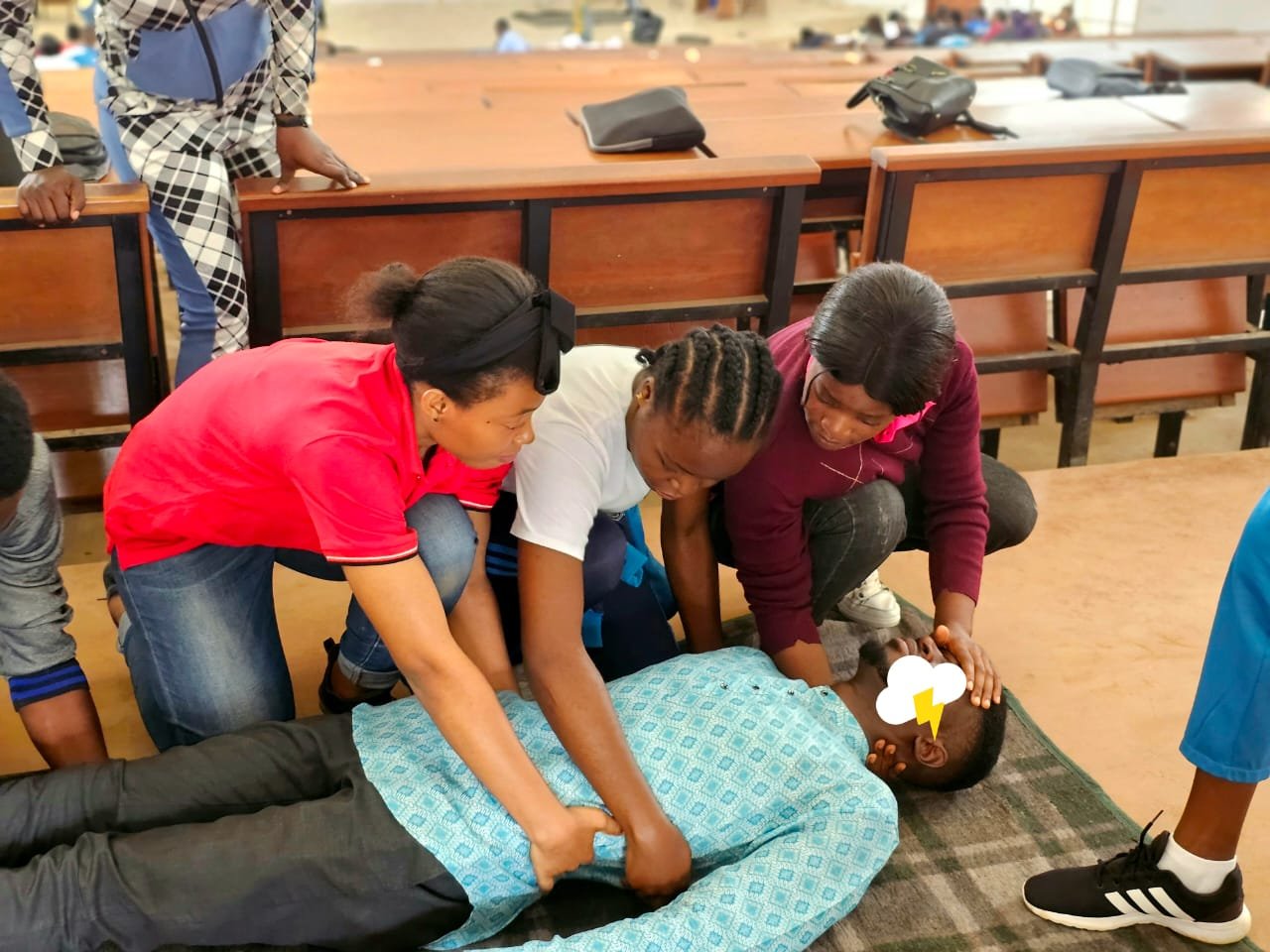1. Where are you connected right now? Tell us about the work you're doing.
I am a Cameroonian civil engineer in the Ministry of Housing and Urban Development’s project of inclusive and resilient cities C2D Maroua. I currently volunteer as a core team member, for the International Road Safety Assessment Programme - iRAP as the assessment coordinator and education team lead of the Waka Fine to School and Youth for Post-Crash Care Project, one of the Youth Coalition’s Local Actions projects for 2023. The project focuses on road safety education, safe school zones, public awareness campaigns and post-crash care.
2. How did you first get involved in road safety and how long have you been working in the road safety and sustainable mobility field?
A little over a year ago, I joined an iRAP road safety course that changed my life. Through it, I got to identify a global challenge I could help solve; road traffic crashes. The International Women's Day Award 2022 was also something that gave me exposure and access to valuable knowledge and skills for creating road safety solutions. Since then, I continued to improve my knowledge and actively serve in the road safety field.
3. Can you tell us a little about your area's road safety and sustainable mobility situation?
This overview references the problem tree analysis of Cameroon's situation, namely the main problem, its causes, and its effects.
The challenge of safe mobility and road safety is that it is not adequately addressed by the relevant parties and key stakeholders despite it being a fundamental concern in the expansion and maintenance of Cameroon's transport networks. This results from the lack of a leading organization or road safety lead agency that has access to significant resources.
Because of the lack of resources, the National Road Safety and Prevention Strategy is not widely disseminated and utilized by these stakeholders, leading to an increase in road traffic injuries (RTIs) that result in an average of 16,583 road accidents annually. This was already included in Cameroon's 2018 UN Road Safety Performance Report as one of the areas that needed to be strengthened to better meet the challenge of sustainable mobility. I quote, "lack of a leading organization, or 'road safety lead agency,' with significant resources (legal, human, material, and financial), capable of offering a reflection on road issues and coordinating ongoing actions with a certain level of cohesion to benefit from the interventions of the parties involved." Given all this, crucial steps need to be taken to actually walk the talk.


